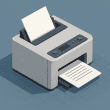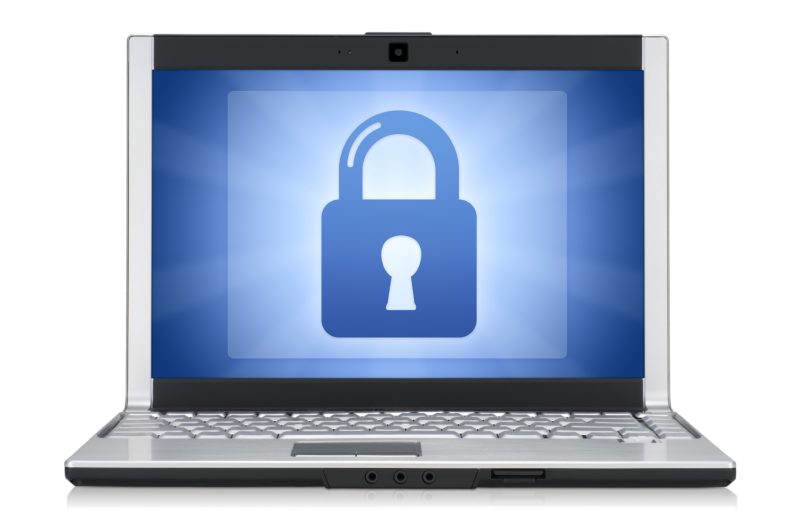Table of Contents Show
One of the most important components of home computing is keeping it safe. If you have lots of pictures you don’t want people seeing or crucial customer data for your home business, then you’d be smart to invest in security solutions and follow these handy tips to keep your computer safe.
-
Use a firewall
Firewalls serve one purpose: to protect your computer from hackers and unauthorised access. If there’s a program on your computer that wants to access the internet, you’ll need to allow it via your firewall first or else it will be blocked. Firewalls are handy because you get to monitor every bit of internet traffic coming in and out, making some viruses and malware virtually useless if they can’t steal your data or download more viruses to infect your computer. Some internet routers have built-in firewalls that add an extra layer of protection to your system.
-
Encrypt important information
Whether it’s sql databases or your family pictures, you need to prepare for the situation of your data actually being stolen. If the information is vital to your business or private, then make sure there is encryption on it in the form of something like BitLocker. However, you might end up being infected by viruses that malicious destroy your data as well. In this case, keeping them backed up on the cloud or using an sql database recovery service might be more useful.
-
Beware of shady websites
Any website that promises you too much to be true is most likely a scam. If you’re staring at a website that promises you thousands per week for doing nothing, then you’re most likely looking at a scam that’s trying to con you out of your money and give nothing in return. These scam websites might also try to make you download random bits of software that will ‘help’you, but they’re actually viruses or malware designed to infect your computer in malicious ways.
-
Keep backups of crucial files
The most common way to backup important files is to upload them to the cloud or keep regular backups on an external hard drive. But be warned: if a virus infects your files and you automatically update your backups, you might end up uploading the infected file and overwriting your crucial data! Because of this, it’s important that you do manual backups on a weekly or daily basis. If your data is extremely sensitive, then keep multiple backups if possible.
-
Keep antivirus and antimalware updated
These programs are no use if they aren’t updated. New strains of computer viruses are developed every day and their methods of hiding in and disrupting our computers change everyday. Because of this, it’s vital that you keep your antivirus and antimalware software updated so that it’s capable of defending you against the latest threats. Most of these programs will automatically update their databases so that you’re protected from new viruses, so you don’t have to worry unless you’ve turned off the automatic updates.










You could also use a VPN, especially when using public Wifi’s